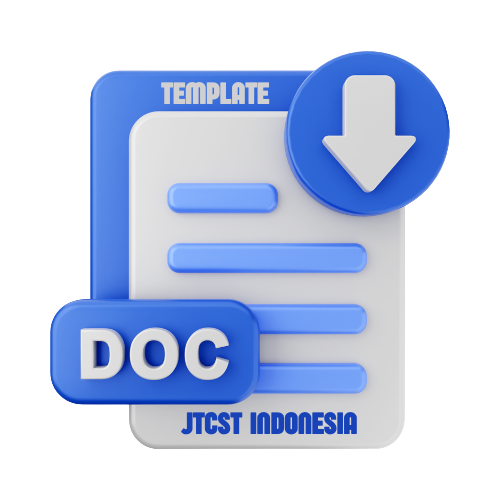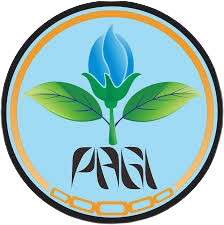| ..:: Quick Menu ::.. |
| Aim and Scope |
| Editorial Team |
| Reviewers |
| Publication Ethic |
| Abstracting/indexing |
| Guideline for Author |
| Screening for Plagiarism |
| Open Access Policy |
| Index Information |
| Copyright Notice |
Publication Ethic
ETHICAL GUIDELINES FOR JOURNAL PUBLICATION
Journal of Tropical Crop Science and Technology (JTCST) is dedicated to the publication of high-quality research in the field of tropical crop science and technology, including agronomy, plant breeding, pest management, crop production and environmental science. Our commitment to ethical standards guides the entire publishing process.
AUTHORS RESPONSIBILITIES
- Reporting Standards: Authors should present an accurate and objective account of their research, with sufficient detail and references to enable replication of the work. All data should be accurately represented, and fraudulent or knowingly inaccurate statements are unacceptable.
- Data Access and Retention: Authors may be requested to provide raw data for editorial review. They should ensure public access to this data where feasible and retain it for a reasonable period post-publication.
- Originality and Plagiarism: Works must be entirely original, and any use of others’ work must be properly cited. Plagiarism, including presenting others' work as one's own or copying substantial parts without attribution, is considered unethical.
- Multiple, Redundant, or Concurrent Publication: Manuscripts should not be published in more than one journal or primary publication. Submitting the same manuscript to multiple journals simultaneously is unethical.
- Acknowledgement of Sources: Proper acknowledgment of the work of others is mandatory. Authors must cite influential publications and obtain permission to use unpublished information.
- Authorship: Authorship should be confined to those who have made significant contributions to the research. All significant contributors should be listed as co-authors, and the corresponding author must ensure that all co-authors have approved the final manuscript.
- Disclosure and Conflicts of Interest: Authors must disclose any financial or substantive conflicts of interest that could influence their manuscript's results or interpretation. All sources of financial support should be disclosed.
- Fundamental Errors in Published Works: Authors must promptly notify the journal and cooperate in correcting or retracting any significant errors found in their published work.
EDITOR RESPONSIBILITIES
- Publication Decisions: The editor is responsible for deciding which articles to publish based on the validity and significance of the work. Editorial decisions are made without regard to personal biases or external pressures.
- Fair Play: Manuscripts are evaluated solely on their intellectual content, without discrimination based on race, gender, sexual orientation, religious belief, ethnic origin, citizenship, or political philosophy.
- Confidentiality: Information about submitted manuscripts is confidential and should only be shared with relevant parties involved in the review and publication process.
- Disclosure and Conflicts of Interest: Editors must not use unpublished materials for their research without permission and should avoid conflicts of interest. They must recuse themselves from decisions where conflicts exist.
- Involvement and Cooperation in Investigations: Editors must address ethical complaints regarding submitted or published work, involving appropriate parties and taking necessary actions such as corrections or retractions.
REVIEWER RESPONSIBILITIES
- Contribution to Editorial Decisions: Peer review supports editorial decisions and helps authors improve their work. Reviewers contribute to the scientific process by providing objective feedback.
- Promptness: Reviewers should notify the editor if they are unqualified or unable to review a manuscript promptly.
- Confidentiality: Manuscripts must be treated as confidential and not shared with others without authorization.
- Standards of Objectivity: Reviews should be objective and based on evidence, avoiding personal criticism. Reviewers should clearly articulate their views with supporting arguments.
- Acknowledgement of Sources: Reviewers should identify relevant work that has not been cited and alert the editor to any significant overlap with other published research.
- Disclosure and Conflicts of Interest: Reviewers must not use unpublished materials from the manuscript for personal research and should avoid reviewing manuscripts where they have a conflict of interest.
By adhering to these ethical standards, the Journal of Tropical Crop Science and Technology aims to maintain the integrity and quality of the scholarly publishing process.










